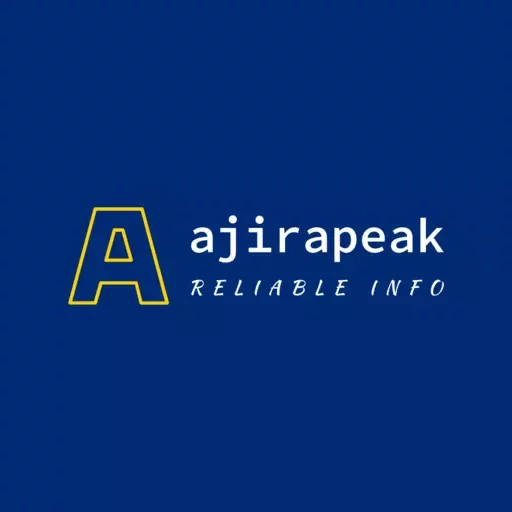The DAAD programme “German Colonial Rule”, funded by the Federal Foreign Office of Germany, invites young researchers to apply for DAAD scholarships for PhD thesis projects. The aim of the scholarship programme is to promote research on German government institutions and policies and their political, economic and cultural impact on and in the former German colonies.
The scholarship will enable recipients to obtain a doctorate in Germany. They will have one supervisor from a university in Germany and one from a co-operating university in Africa or the Asia-Pacific region, and they will be able to carry out research in archives and at universities in Germany, Africa and Asia-Pacific.
Scholars from Africa and the Asia-Pacific region are particularly encouraged to apply.
By funding projects in this field, the programme aims to create a shared space for research on the history of German colonialism and racism, thus laying the foundation for long-term research partnerships.
Requirements
Applications are open to excellently qualified researchers aspiring to complete a doctorate on the history of German colonial rule and the role of German authorities and organisations. Scholars from Africa and the Asia-Pacific region are particularly encouraged to apply. Applicants must have an above-average university degree that entitles them to enrol in a doctoral programme. Applicants should also have some basic knowledge of German, and should have graduated no longer than 6 years ago.
The scholarship will permit PhD studies at an eligible German university (see appendix), with integrated periods of research at a co-operating university in Africa or the Asia-Pacific region. These studies will be supervised by an academic adviser at the host institution in Germany and an academic adviser at the co-operating university. In line with the cooperative approach of the programme, the supervisors will jointly support scholarship holders in the course of their research project, creating a shared space for joint research. Under this flexible, multi-phase funding system, successful candidates will begin their studies in Germany and subsequently spend research periods at the cooperating university.
They will complete their doctoral degree at their German host university in close cooperation with their academic supervisor from the co-operating university. The abovementioned structure may vary depending on the individual research project. Candidates who wish to follow an alternative research path should explain their research plan and schedule thoroughly in their proposal.
The list of participating supervisors can be found in the appendix. Researchers who have already found a supervisor outside of this programme may still apply and should name their supervisor in their application.
Duration of the funding
- 4-month online German language course from the candidate’s home country (if applicable)
- 4 years split between Germany (2-year starting phase) and the research partners – universities, archives, etc. – in the Global South. (48-month research period for Ph.D. studies with an annual review on progress and professional ability for further funding)
- Research phases outside Germany are supported. Planned stays should not exceed a quarter of the anticipated total funding period.
The above schedule may vary depending on the individual research project. Applicants should set out their research plan and a provisional schedule in their research proposal.
Schedule
Applications for the programme must be submitted by 31 August 2021. The selection committee is expected to make a decision by 31 October 2021. The successful candidates should begin their four-month online German language course in their home country on 1 December 2021; the courses will be provided by the DAAD. The initial research phase in Germany should begin no later than April 2022. Funding will end in June 2026 at the latest.
Value
- A monthly scholarship payment of 1,200 EUR for doctoral candidates (861 EUR before the acceptance as doctoral candidate at the higher education institution)
- Travel allowance
- Travel allowances for archive and research work; the planned trips should be specified in the research plan and schedule submitted as part of the application
- Travel and accommodation expenses for the student’s supervisors from Germany and the cooperating university, to enable them to monitor progress, participate in workshops, etc., in accordance with the German Federal Travel Expenses Act (BRKG)
- Payments towards health, accident and personal/ private liability insurance cover
- Annual research allowance
Under certain circumstances, scholarship holders may receive the following additional benefits:
- Monthly rent subsidy
- Monthly allowance for accompanying family members
- In the case of a disability or chronic illness: subsidy for additional costs which result from the disability or chronic illness and are not covered by other funding providers: Further information
To support scholarship holders in learning German, the DAAD offers the following service:
- Intensive 4-month online German language course from the candidate’s home country prior to the start of their research stay in Germany (if applicable)
- Allowance for a personally chosen German language course during the grant period
- Reimbursement of the fees for the TestDaF or DSH examination which candidates will take either in their home country after receipt of the scholarship award letter or in Germany before the end of the funding period
Selection
Applications will be reviewed by an independent selection committee consisting of international experts in colonial and global history.
Central selection criteria are:
- a convincing and well-planned research or training project
- academic achievements
Click To Visit the Official Webpage of the DAAD Research Programme


